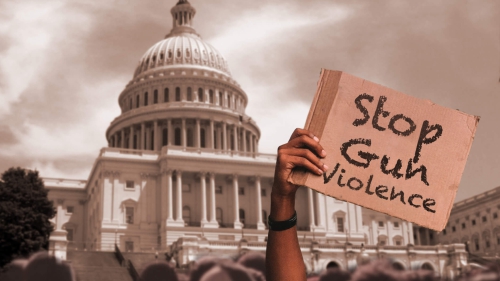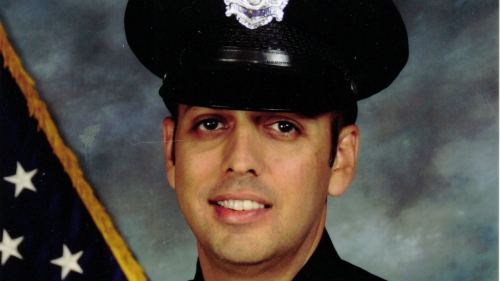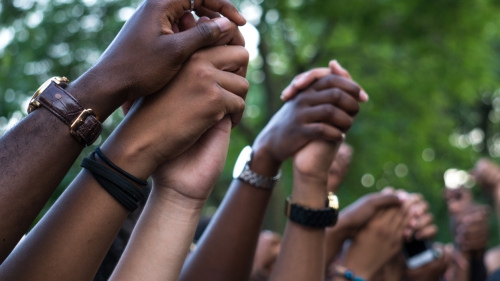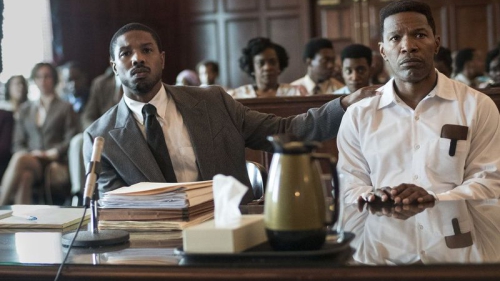The Sanctity of Life
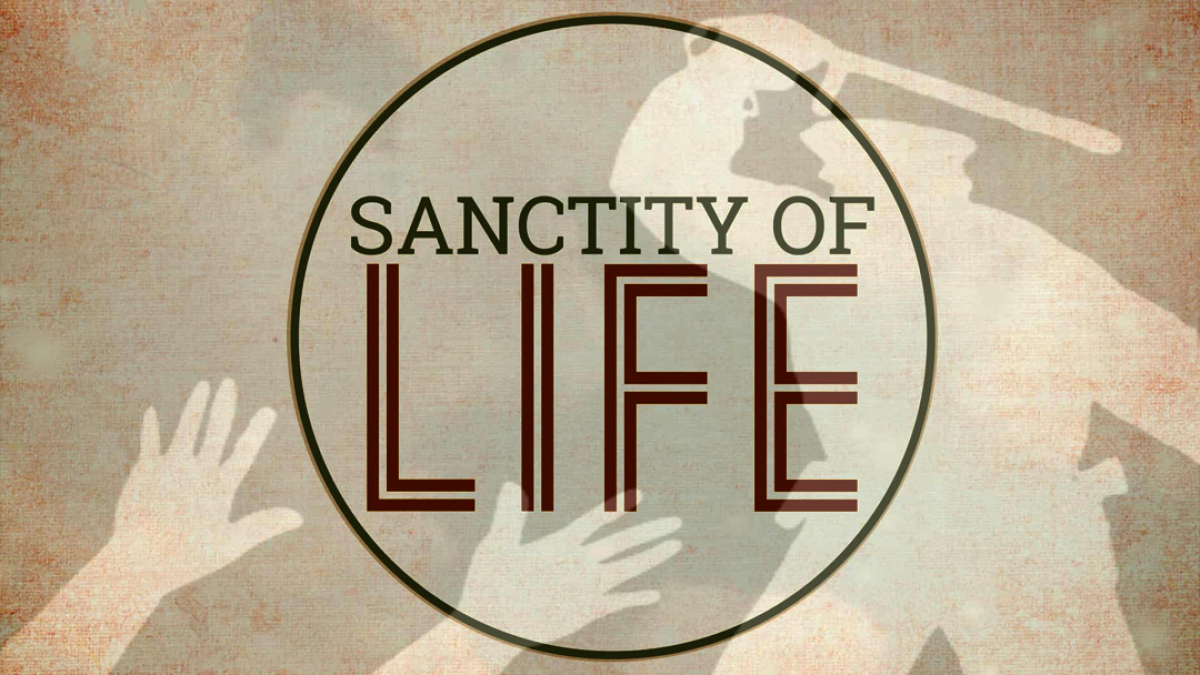
Breathe deeply, suck in your fear, value life.
Some psycho-pranksters have made this national conversation unavoidable. The game is called “swatting”: Call the cops, report a terrifying emergency — “they’re holding my mother hostage!” — and wait for the fun to start. A SWAT team swings into action. Police surround a random house with their guns drawn. The occupants inside have no idea what’s going on.
On Dec. 28, a house in Wichita, Kansas was targeted for a swatting prank by a guy in Los Angeles. Andrew Finch, age 28, a father of two, wound up being shot and killed by a police officer as he stepped out of his front door and, apparently, put his hands on his hips. He was unarmed.
A day earlier, the occupants of a house in Hercules, California, were victimized by an unknown swatting prankster. No one was hurt in this incident, but a father and grandfather wound up being arrested and handcuffed, and two boys, ages 4 and 11, had guns pointed in their faces. Everyone was confused and terrified, and tragedy was milliseconds away from happening.
In both incidents, the victims’ outrage was directed not merely at the pranksters but at the police. “They did a lot of things that put our life at risk,” the Hercules mom said.
And Kade Crockford of the Massachusetts ACLU, speaking of the Wichita fatality, told Salon: “There’s a reason why swatting is such an effective tactic. It’s because police departments across the country have largely, in the dark, militarized to the extent that they are really hair-trigger ready to be deployed by a malicious actor like this in a prank.”
The monstrous irony of this psychopathic prank is the way it combines a number of deeply problematic aspects of contemporary American culture: militarized police, the omnipresence of guns, the ever-present possibility of violence and the common belief in an enemy (be it dark-skinned terrorist or basic bad guy) who is out to get us, and therefore always lurking in most people’s imaginations. Swatting turns these phenomena into the elements of a “game” that turns our world inside out. Unavoidably, it calls attention to the essential flaw of our trust in armed social order — the negative side effects of which are usually confined to low-income areas, out of the public spotlight.
Police killed about a thousand people last year — a number that has been consistent for the last four years, according to the website killedbypolice.net. In most instances, the person who was killed was armed — though not always with a gun. TheWashington Post recently reported that in 2017, 68 of those who were killed by police were unarmed. In addition, 46 police officers were killed in the line of duty in 2017.
Perhaps the worst thing about all this is the public shrug it generates: the acceptance of violence as inevitable and something that can only be countered with more violence. This is the essence of military-industrialism, seemingly America’s economic core. It’s the default plot of the country’s entertainment and gaming industries, where the violence is always consequence-free. This is a country at perpetual war, at least in its own mind.
Or is it?
“It was the middle of the night when Camden County Police Lt. Kevin Lutz got a text from one of the officers he trained.
“It wasn’t an emergency. The officer just texted because he was excited: He and another cop had talked an emotionally disturbed woman into dropping a knife she was wielding, and got her help.
“‘He said, it was textbook,’ Lutz recalled. ‘You would have been proud.’
“Lutz was proud. Not just because the officers, as they’re trained to, found other options to deadly force when facing an armed, unstable individual. But also because they take pride in the successes they have in doing so.
“‘Five or 10 years ago, you’d maybe be ridiculed,’ Lutz said of the officers’ decision to take a slow, careful approach.
“‘That’s what we’re most proud of: we’ve been able to change the culture,’ he said.”
Thus began a story last August by Rebecca Everett at nj.com: a bit of quiet news, you might say, about the Camden police and their commitment to cautiously nonviolent policing and their view of themselves more as “ethical protectors” of their community than enforcers.
The department is far from alone. Its chief, J. Scott Thompson, is the board president of the Police Executive Research Forum, a Washington, D.C.-based think tank that provides training to departments all over the country in nonviolent policing. In the organization’s Guiding Principles on Use of Force, principal number one is: the sanctity of human life. This is a starting place, not a feel-good cliché.
The training the organization provides is fully cognizant of the complexity— and danger — of police work, and the primary focus of this training is on dealing with circumstances in which the suspect is not armed with a gun, but possibly still armed.
“Part of it is getting new recruits as well as seasoned veterans to forget any notion that a cop should be an unyielding, tough guy who barks orders and does not retreat,” Everett wrote.
Compare this to Radley Balko’s observation in the Washington Post, regarding the police shooting of Andrew Finch in the wake of the swatting prank: “Finch was unarmed. He didn’t have any object in his hand that might have been mistaken for a gun, even though there would have been nothing wrong, nothing even unusual, if he had. The cops saw no glint of steel. They weren’t open and exposed, but distant and protected. But the cops had it in their head that he was a killer, and so they saw his every move as a killer’s move.”
No doubt the sanctity of life is still a target for cynics, still easily dismissed as, at best, a nice idea in a perfect world. I see it as something else: the cornerstone of a sane future. It’s the essence not of idealism, but pragmatism, and I’ll be writing more about this pragmatism in future columns.
A movement is stirring.
*****
Robert Koehler is an award-winning, Chicago-based journalist and nationally syndicated writer. His book, Courage Grows Strong at the Wound is available. Contact him at [email protected] or visit his website at commonwonders.com.
© 2018 TRIBUNE CONTENT AGENCY, INC.
Topics: Crime And Justice, Gun Violence, Police Brutality
Views: 1464
Related Suggestions








